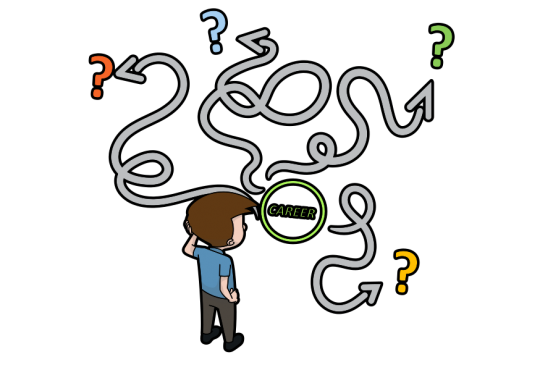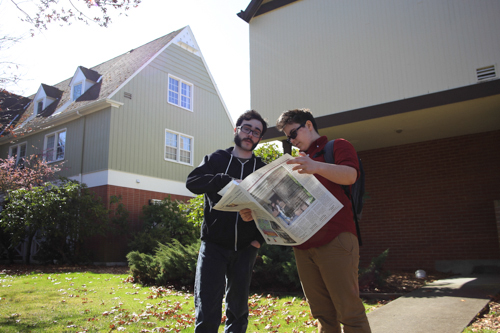The percentage of humanities majors has dropped nationally from 14 percent of college students in 1970 to seven percent today.
This same phenomenon of declining interest in the humanities is not occurring at Puget Sound.
Although there are different ways to look at the statistics on a national scale, the numbers for students majoring in the humanities at Puget Sound over the past 10 years do not show a decline.
The percentage of students majoring in non-STEM (Science, Technology, Engineering, and Mathematics) fields has remained steady despite warnings that those with humanities majors are not as employable.
The liberal arts nature of Puget Sound may have a correlating connection to this issue at hand.
“Having a major where the pathway to a career is a little more indirect is in fact a luxury,” Priti Joshi, chair of the English Department, said.
“People who can afford to go to liberal arts schools have that luxury. We’re looking at a select group of people for whom perhaps the burden of the career is not quite as immediate as it might be for somebody who is the first person in their family to go to college.”
Others do not see financial concerns affecting the decline in humanities majors.
“I don’t think it’s necessarily that they’re not under financial pressures. I think for some reason the ethos in their family is a little different,” George Erving, Associate Professor of English, Humanities and Honors, said.
It is true that the path to employment is not as cut and dry for those majoring in the humanities. Joshi freely admits that there is no direct application in the humanities, like there is in neuroscience or engineering.
Using a billiards metaphor to describe the career path of a humanities graduate, Joshi explained that humanities majors are not looking for a direct shot into the pocket.
They know where they want the ball to go, but might use a series of bank shots to get it there.
“That kind of zigzag is what the humanities has always been about. There’s utility but that utility is not instantaneously available or visible,” she said.
There has been a nationwide push to prepare students for the workforce, and many see academic programs that do not have direct counterparts in the real world as superfluous.
“Job skills are trivial and they’re easily learned. What we produce is serious intellectual horsepower in problem solving,” Erving said. “Our best kids in English are going to succeed anywhere, because they’ve got the basic analytical skills.”
Although the strength of the sciences at Puget Sound is better known and departments like neuroscience tend to bring more prestige to the institution, the humanities departments have award-winning professors and a new center for the Humanities in Commencement.
“What I intend to work very hard on over the next five years is to really build that program up so it becomes a signature program for our university,” Erving, who also serves as the Humanities Residential Program Director, said.
The administration also works to create programs that uncover the links between areas of study.
“To me the growth of the STS [Science, Technology, and Society] program—the kind of institutional support we give to bridging the conversation between the humanities and the STEM fields—that program is the perfect example of bridging that gap and supporting a humanist endeavor,” Joshi said.
In the current economic climate of our country and general distrust for non-practical majors, how should a private liberal arts school prepare humanities students for the rest of their lives?
Joshi believes that during a student’s four years at Puget Sound, he or she learns how to think in new ways.
“If you don’t have the fortune of learning it particularly early, it becomes really hard to cultivate when you’re in your 40s and 50s and 60s in a job with a life,” Joshi said.
“What kind of life do you want to have? What do you want to think about? Who do you want to know? What do you want to read? What interests you? How do all those things help contribute to your sense of well-being and happiness?” Erving said.
“That may actually be the most powerful argument for why taking courses in whatever you like, particularly in the humanities, is a really good idea.”




